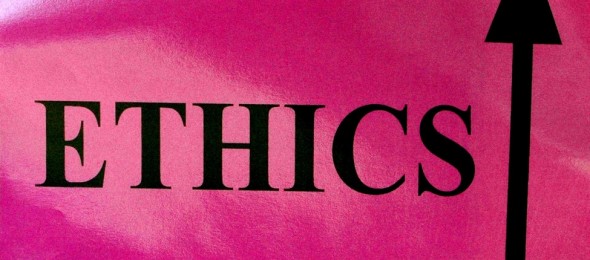Kristen M. Blankley, Associate Professor and Director of the Robert J. Kutak Center for the Teaching and Study of Applied Ethics at the University of Nebraska College of Law, has published “The Ethics and Practice of Drafting Pre-Dispute Resolution Clauses,” Creighton Law Review, Vol. 49, No. 4, pp. 743-774, 2016. In her scholarly paper, Professor Blankley argues transactional lawyers should “consider more fully the potential for dispute resolution at the outset of a contractual relationship and counsel their clients on ways to resolve disputes well before they arise.”
Here is an excerpt:
In many instances, if parties were to contemplate dispute resolution before a dispute arises regarding how a hypothetical dispute could be resolved, they might not imagine that court is the best option. In fact, they may be drawn to the benefits of cost-saving, time-saving, relationship-saving, and flexibility of alternative processes.
Transactional lawyers have the opportunity to have these discussions with their clients before disputes arise. Any time that parties enter a contractual agreement, they have the opportunity to determine, with cool heads, how hypothetical disputes could be resolved. The parties have the ability to craft procedures that meet their particular needs as they anticipate them at the beginning of the relationship. This ability exists with nearly every contractual relationship, including business contracts with other businesses, consumer contracts, employment contracts, rental agreements, supply contracts, financial agreements, and any number of other types of contracts.
Although many transactional lawyers do include dispute resolution provisions in their contracts, those provisions are often boilerplate and fail to take advantage of the goals of the parties at the commencement of the relationship. Some contracts simply have a mediation or arbitration clause stating that the parties will participate in those procedures, without any detail about what the participation can and should look like. In a worst-case scenario, transactional lawyers draft unconscionable dispute resolution agreements, particularly in the area of arbitration clauses.
You may read the full text of Professor Blankley’s research article online.
Photo credit: justinbaeder via Foter.com / CC BY













